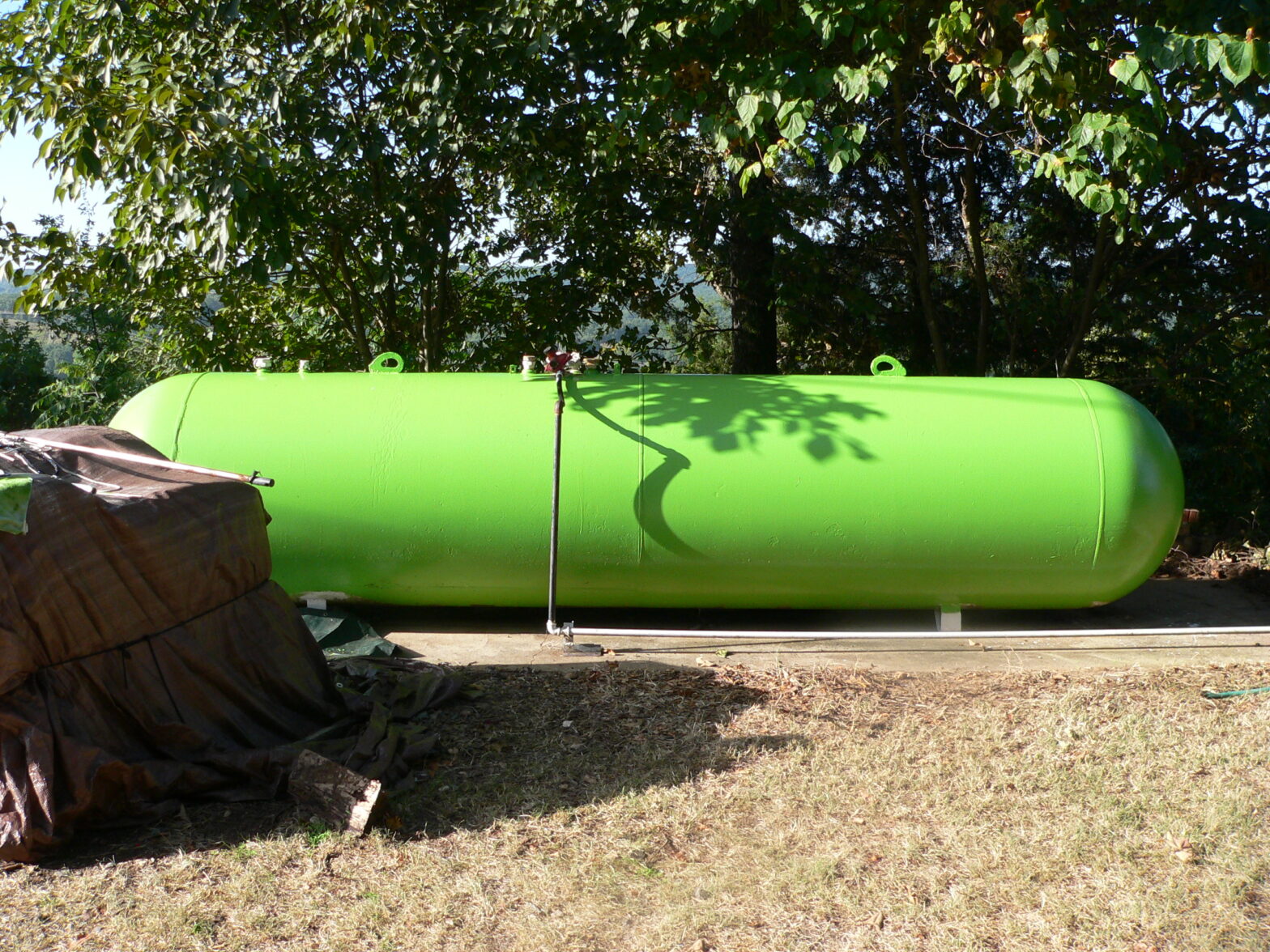Propane vs. Other Energy Sources: Which Is Best?

Propane is a top contender in the energy market compared to other fuel choices. As a propane professional, you are certainly aware of its many advantages, but are you well-versed enough to explain them to your current and potential customers? Here, we provide a comparative analysis of propane versus other common energy sources that you are sure to find both interesting and educational.
Cost Efficiency
Propane is often more cost-effective compared to electricity and oil. Its price tends to be more stable, helping households and businesses budget more predictably. Unlike electricity, which can fluctuate with peak usage times, propane’s cost remains consistent. When compared to heating oil, propane generally burns more efficiently, meaning you get more energy output for each dollar spent.
Environmental Impact
Propane is a cleaner-burning fuel than many other fossil fuels. It produces fewer greenhouse gases and pollutants compared to coal and oil. While natural gas is also considered a clean energy source, propane’s advantage lies in its lower methane emissions. Propane’s relatively low carbon footprint makes it a more eco-friendly choice for those looking to reduce their impact on the environment.
Versatility
Propane is highly versatile and can be used for a variety of applications, including heating, cooking, and powering generators. Unlike electricity, which can be susceptible to outages, propane provides a reliable source of energy even during times of power loss. Propane can also power vehicles, offering an alternative to gasoline and diesel with lower emissions.
Availability
Propane is widely available across the United States, especially in rural areas where other energy sources might be limited. It is stored in tanks, which can be delivered and refilled easily, ensuring a constant supply. This is markedly different from electricity, which depends on the grid, and natural gas, which requires extensive pipeline infrastructure.
Efficiency
Propane appliances generally operate more efficiently than their electric counterparts. For example, propane water heaters can heat water much faster than electric ones, thereby reducing energy consumption and costs. Propane furnaces also tend to have higher efficiency ratings, meaning more of the fuel’s energy is converted into heat.
Safety
Propane has built-in safety measures, such as the distinct odor added to detect leaks. Propane tanks are designed to be extremely durable, and the industry is heavily regulated to ensure safe storage and handling. While any energy source carries risks, propane’s safety protocols are robust and well-established.
Installation and Maintenance
Propane systems are relatively easy to install and maintain. Propane appliances typically have lower maintenance costs compared to electric appliances, which can have more complex components. Additionally, propane systems do not require the extensive infrastructure needed for natural gas pipelines.
Longevity
Propane appliances and systems often have a longer lifespan compared to electric ones. This durability translates into cost savings over time, as less frequent replacements are needed. The robust nature of propane systems makes them a wise long-term investment for both homes and businesses.













